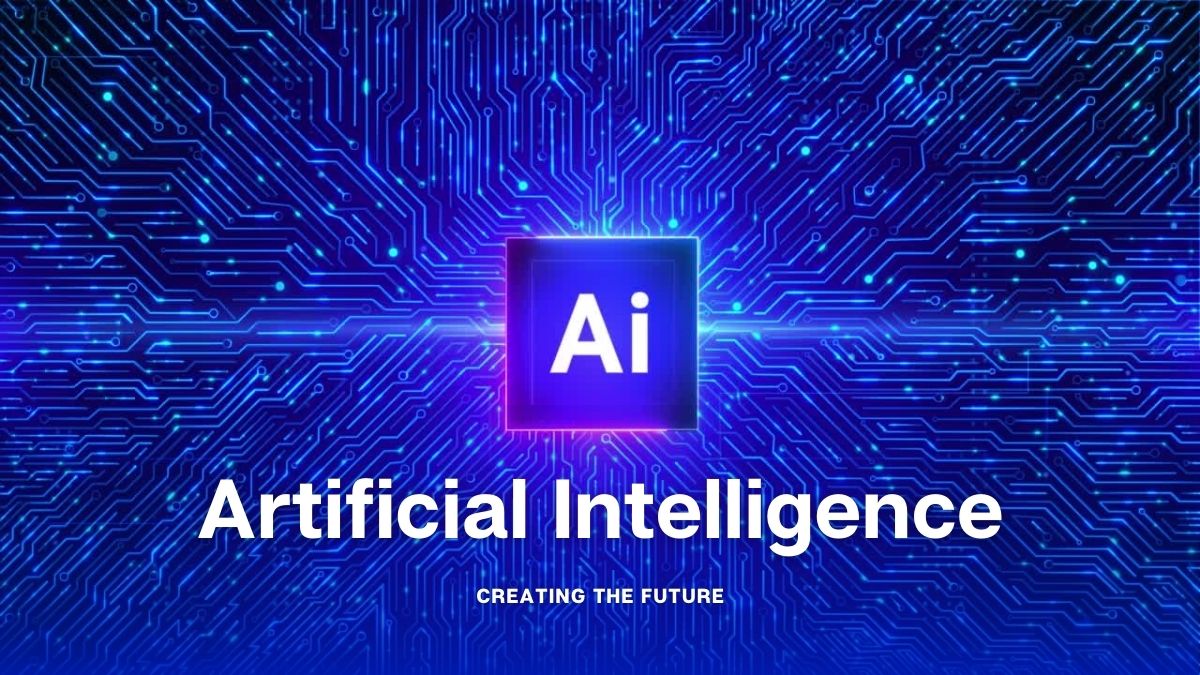
The Rise of Artificial Intelligence: Shaping the Future of Work, Society, and Ethics
Artificial Intelligence (AI) has evolved from a theoretical concept to an integral part of our daily lives, reshaping industries, society, and even ethical considerations. As AI technologies continue to advance, they are ushering in a new era of innovation, but with these developments come critical questions about their impact on employment, privacy, and the broader social fabric.
AI in the Workforce: A Double-Edged Sword
One of the most profound impacts AI is having is in the workforce. Automation, powered by AI, is already revolutionizing industries such as manufacturing, logistics, healthcare, and finance. AI-driven machines can perform tasks faster, more efficiently, and often with greater accuracy than humans. For instance, in manufacturing, robots now handle everything from assembly line tasks to quality control, reducing human error and increasing productivity.
However, this shift brings with it significant concerns. The fear of job displacement is perhaps the most immediate issue. As machines take over repetitive and even cognitive tasks, many fear the potential for mass unemployment. In sectors like retail, transportation, and customer service, AI-powered systems like self-checkout machines, autonomous vehicles, and chatbots are already reducing the need for human labor.
Despite these challenges, experts argue that AI can also create new job opportunities. As automation takes over mundane tasks, humans can focus on more complex, creative, and strategic roles. The rise of AI is likely to generate demand for roles in AI development, machine learning, data science, and ethics—fields that didn’t even exist a few decades ago. However, this shift demands a rethinking of education and skills development, with a focus on lifelong learning and adaptability.
AI’s Impact on Society: Transformation and Tension
Beyond the workplace, AI is rapidly changing how society functions. In healthcare, AI algorithms assist doctors in diagnosing diseases, predicting patient outcomes, and recommending treatment options. In finance, AI is used to analyze market trends, detect fraud, and optimize investment strategies. These advancements offer significant benefits, such as improved efficiency, better decision-making, and cost reductions.
However, AI also introduces potential risks, particularly in the realm of privacy and surveillance. With the increasing use of AI in monitoring systems—whether in public spaces or online behavior—there is a growing concern over data privacy. AI technologies like facial recognition can be used to track individuals without their consent, leading to fears of authoritarian control and the erosion of civil liberties. Moreover, the collection of massive amounts of personal data raises ethical questions about consent, ownership, and misuse.
The deployment of AI in decision-making processes—such as criminal justice or hiring—also raises concerns about bias and discrimination. Since AI systems learn from historical data, they can inherit biases present in that data, leading to unfair or discriminatory outcomes. For example, AI-powered systems used in policing have been found to disproportionately target minority communities, exacerbating existing inequalities.
Ethical Dilemmas and the Need for Responsible AI
As AI technology continues to expand, so do the ethical dilemmas it presents. One of the ultimate concerns is the potential for AI to operate in ways that humans cannot fully understand or control. Autonomous AI systems, like self-driving cars or military drones, must be programmed to make life-and-death decisions, raising questions about accountability. If an autonomous vehicle causes an accident, who is responsible: the manufacturer, the developer, or the AI itself?
Moreover, the use of AI in warfare—such as autonomous weapons—presents grave ethical challenges. While AI can theoretically reduce human casualties in combat by targeting more precisely, it also raises concerns about the potential for misuse, lack of oversight, and the ethical implications of delegating life-and-death decisions to machines.
These challenges highlight the need for ethical frameworks that can guide the development and deployment of AI. Many experts call for transparency, accountability, and fairness in AI systems. These principles must be built into AI algorithms to ensure that they serve humanity in an equitable and responsible manner. Several organizations and governments are already working on creating guidelines and regulations for AI, but there is still much work to be done to ensure that AI's benefits are maximized while minimizing its risks.
The Future of AI: Balancing Innovation and Caution
Looking ahead, the future of AI holds both promise and peril. On one hand, AI has the potential to solve some of humanity’s most pressing challenges, from climate change to healthcare disparities. Machine learning algorithms can help identify patterns in complex data, enabling scientists to make breakthroughs in fields like drug discovery or environmental conservation.
On the other hand, the rapid pace of AI innovation creates a sense of uncertainty. Many fear that if AI continues to advance unchecked, it could lead to societal disruption, job loss, and even the loss of control over autonomous systems. The ultimate question remains: Can we balance the drive for innovation with the need for caution?
Policymakers, tech companies, and ethical scholars must work together to ensure that AI development is aligned with the best interests of humanity. This means not only focusing on technological advancement but also addressing the social, economic, and ethical implications of AI. Creating responsible AI frameworks will require collaboration across industries, cultures, and political boundaries.
Posted by: Chinmaya Rout
|| Posted time: 12/15/2024 02:17:40 AM